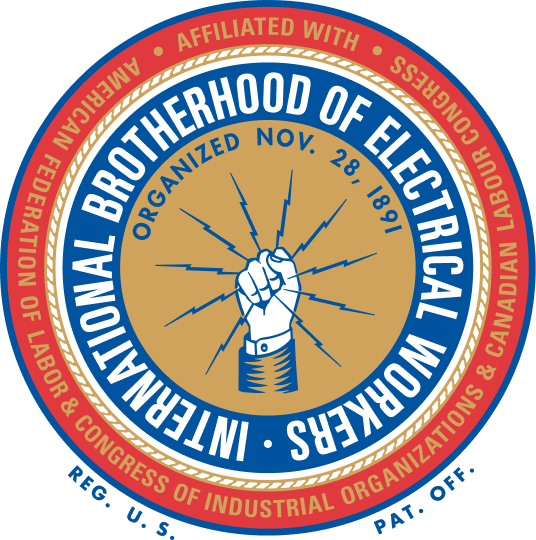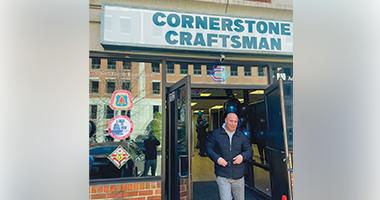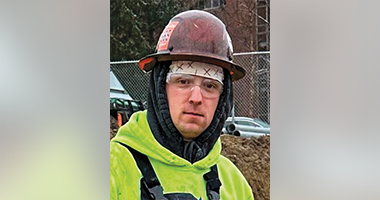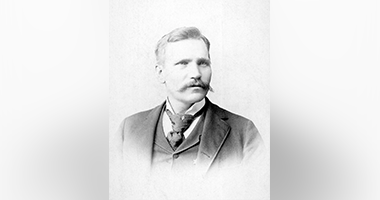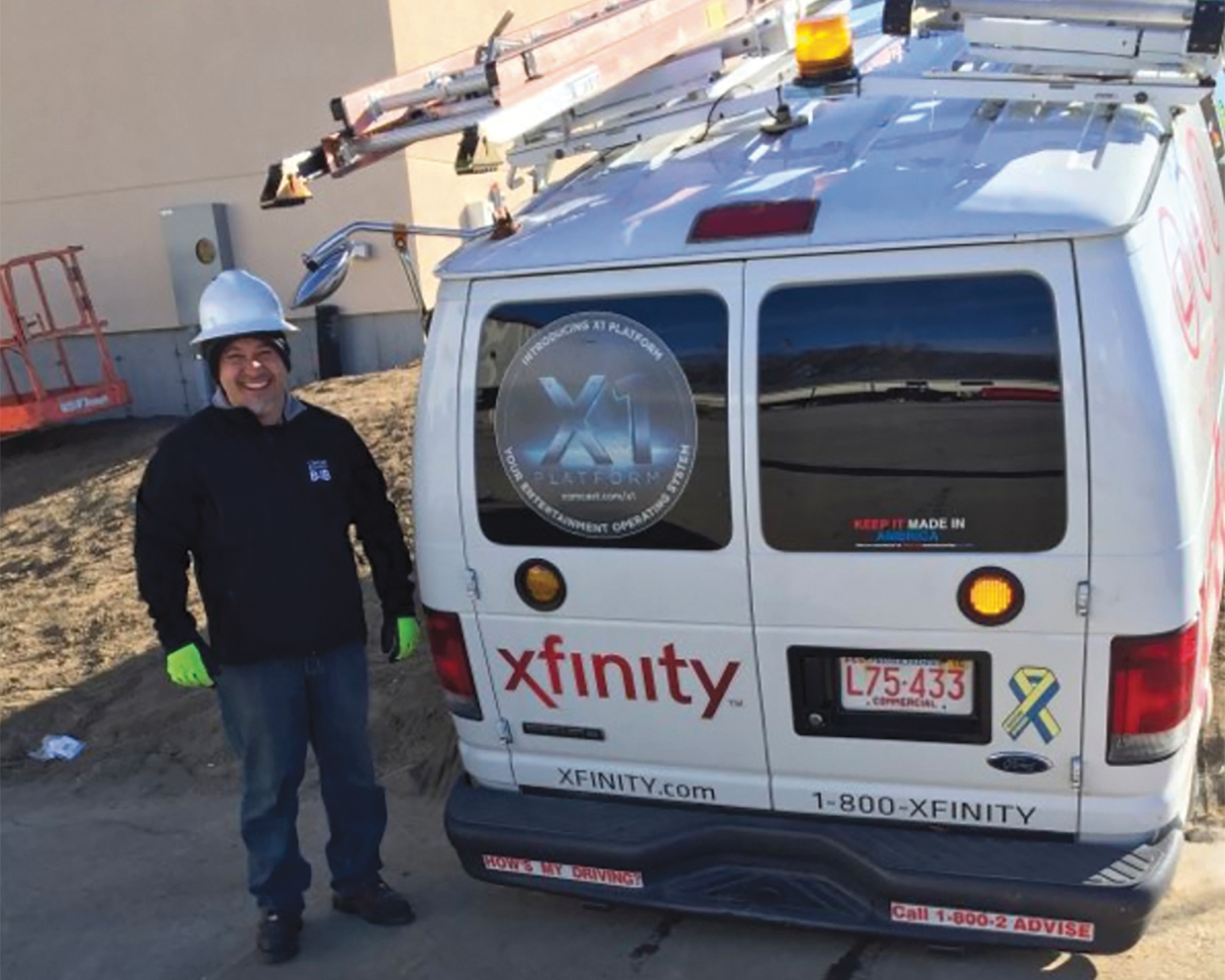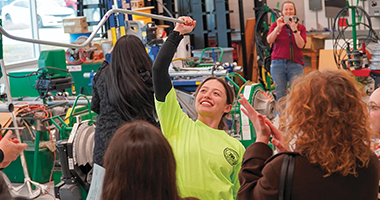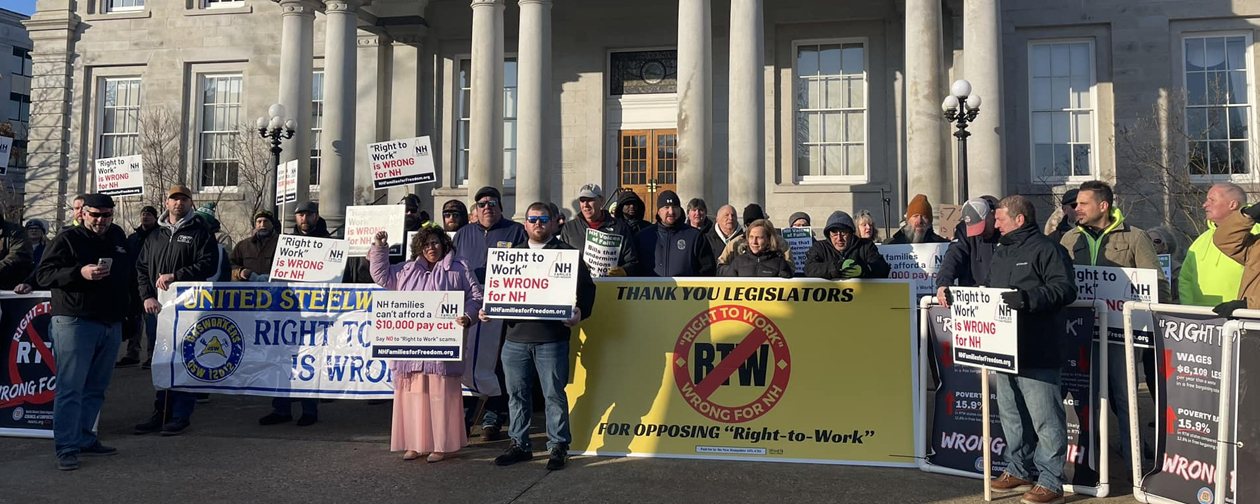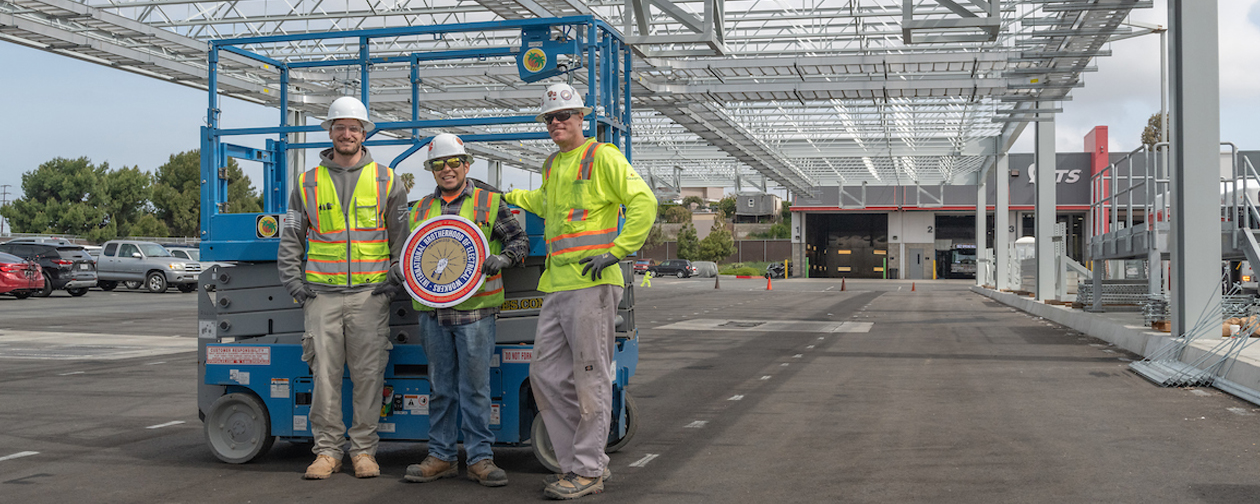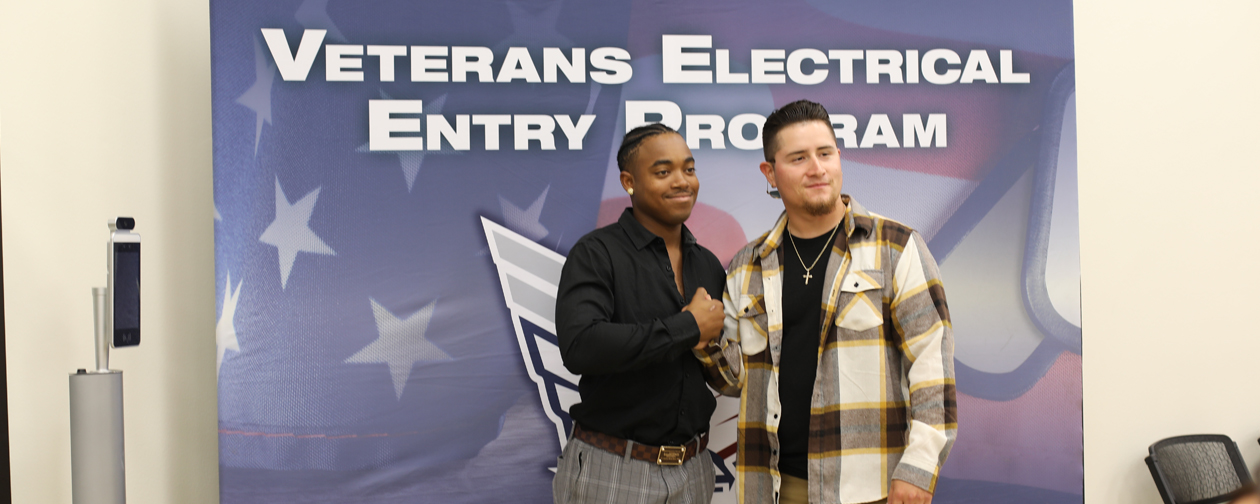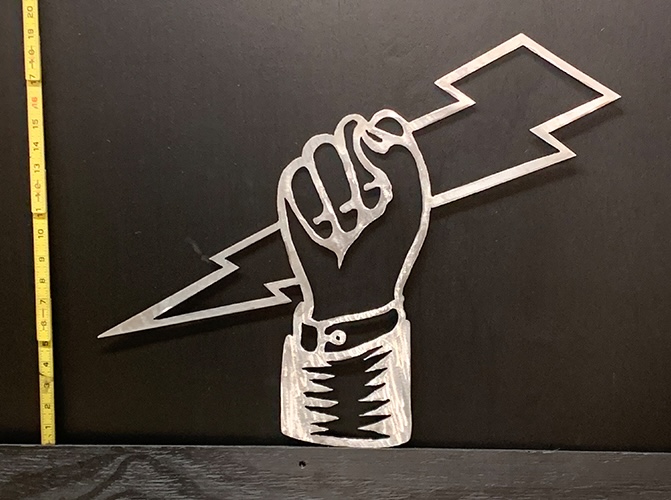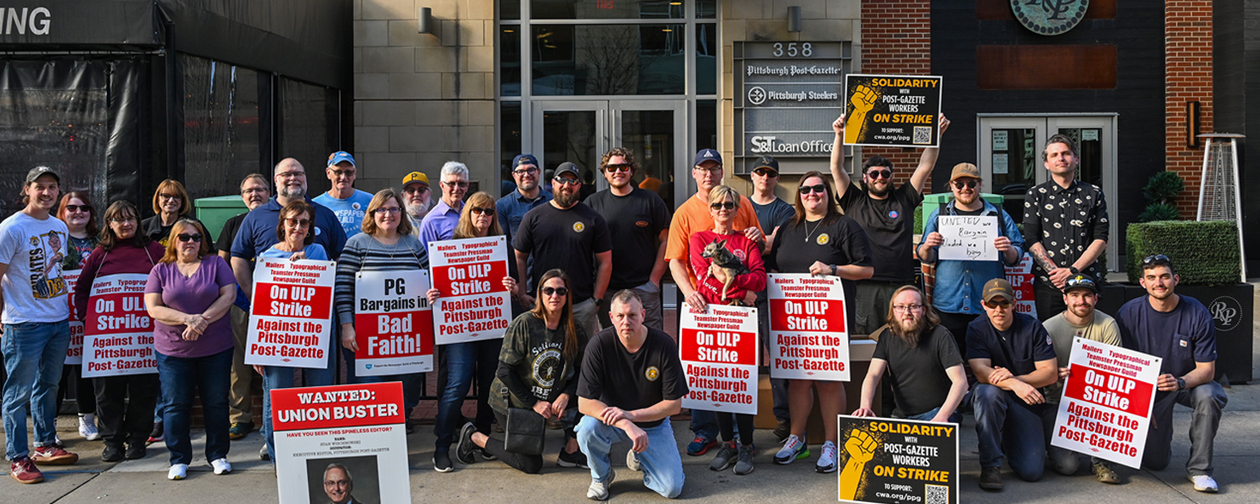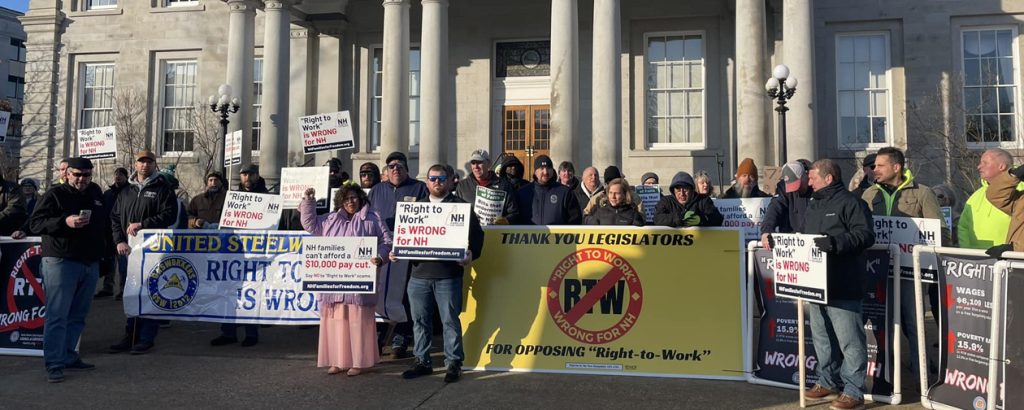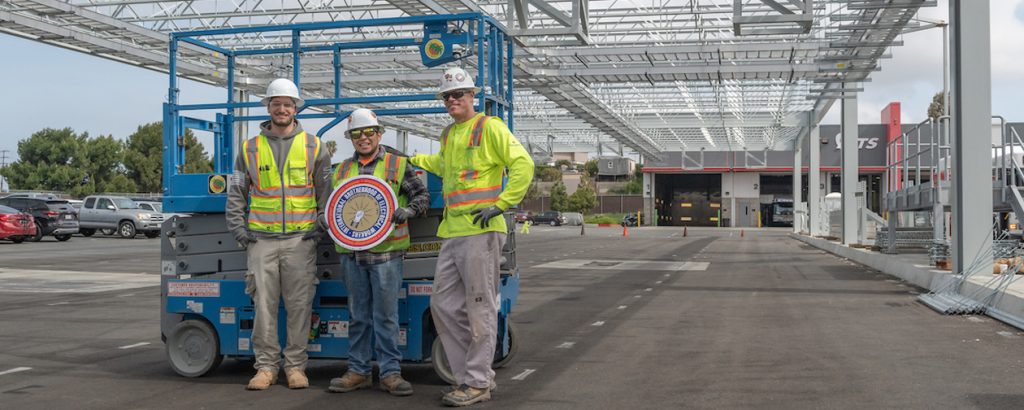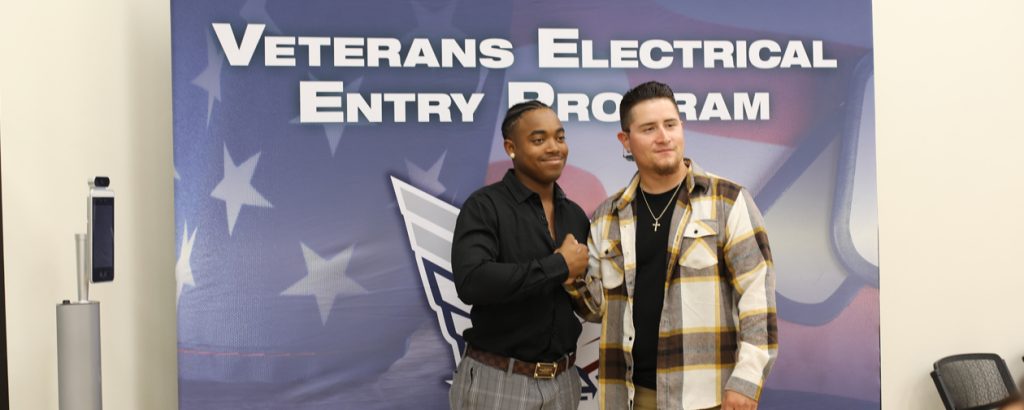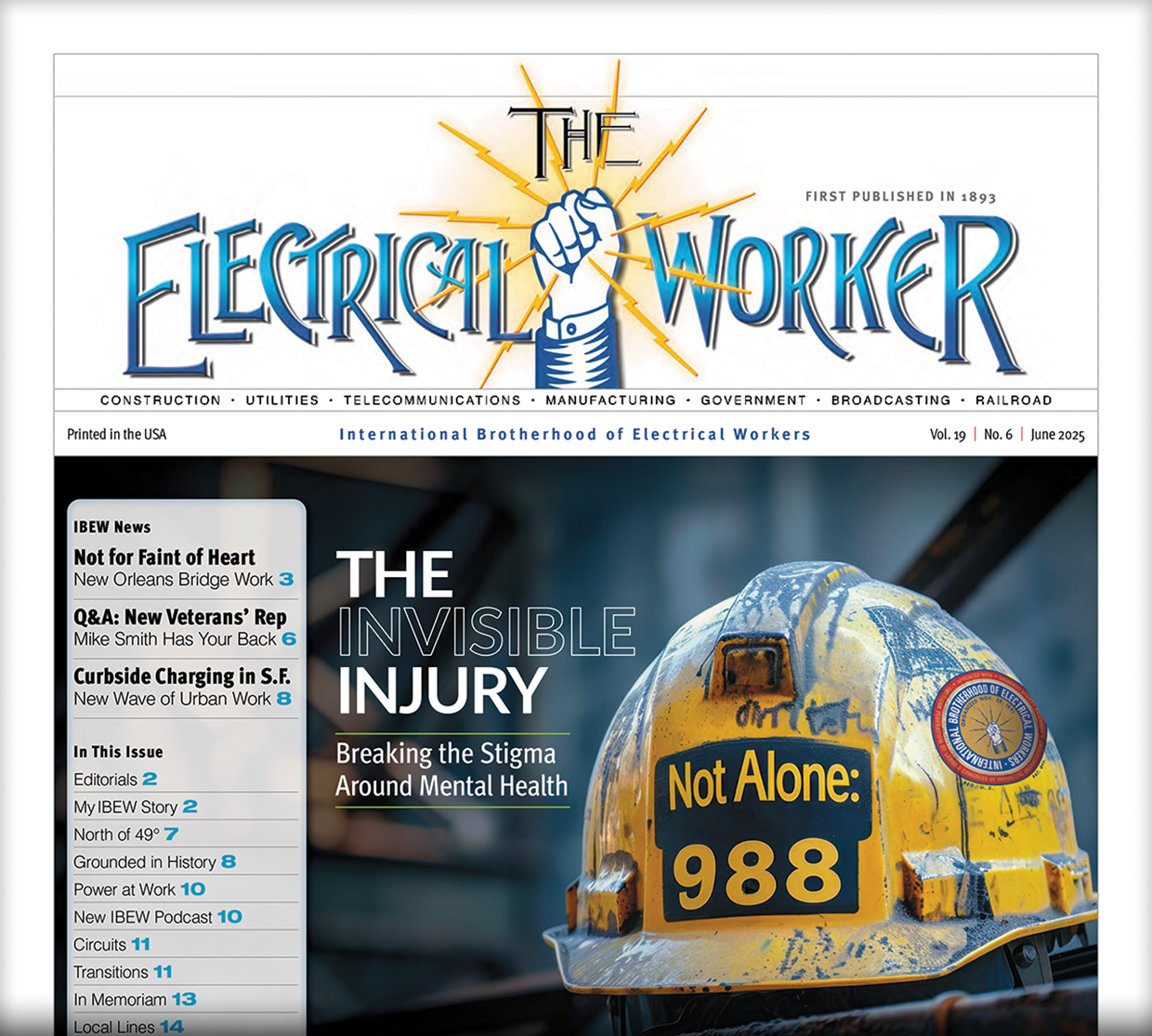
The June Electrical Worker’s cover story, “The Invisible Injury: Breaking the Stigma Around Mental Health,” sparked an outpouring of reactions from readers. These letters, edited for length, are a small sample of members’ responses to the article. Click here to read the updated June article and another IBEW member’s personal story.
A Success Story
I was glad to see the important story in June’s Electrical Worker about mental health in the construction trades. It hit home. In recent years at Local 77, we’ve tragically had a number of suicides and drug overdoses among our membership across Washington state.
As we work hard to change that through trainings and tools for helping members in crisis, I wanted to share a success story.
As a union rep, I’ve always told my members to give me a call anytime; my phone is always on. One Sunday around noon, an apprentice called. He began to cry and said that he had messed up. I asked what happened. As he was talking, I could tell he was drunk. Suddenly, he stopped with his story and said that he was going to end everything.
I asked what he meant by that, and he replied that he was going to end himself. I said: “Whoa, man. Hang on. There is no need to do that. I am here. Let’s just talk and work through this. That’s what I am here for.” He said it was no use and he’d made up his mind.
I asked to come over so we could talk in person. He said no. I rephrased the question and asked him for his address. On the way there, I realized he might have a weapon. I called someone I knew from labor relations at the utility and asked if he’d come with me.
When the young man opened his door, we could see a broken window, beer and whiskey bottles everywhere, and holes in the walls. He told us he’d had a bad weekend and gotten in some legal trouble. But after sitting with him and talking for a while, we finally convinced him to get some help. We drove all over the city that afternoon and evening looking for a rehab facility that he was comfortable with.
He eventually returned to his apprenticeship, though it ultimately didn’t work out for him. But something else did. About two years later, we had some workers at our Spokane hall doing HVAC maintenance. One of them looked very familiar. He walked up and said, “Mike, do you remember me?” I was shocked to realize it was the same man.
I congratulated him on looking so good and asked how he was doing. “Great!” he said. He was loving his new trade. The same person who’d been quiet, timid and gravely depressed was now positive and upbeat. He was a whole new person.
It was one of the coolest things I’d ever witnessed. It’s proof that with caring and intervention and not taking “no” for an answer, we can save lives.
Mike Brown
Assistant Business Manager
Seattle Local 77
Renewed Hope
Being in recovery for 36+ years, this gives me a renewed hope that it has all been worth it. Those of us who are in the trades, whether you are union or not, cannot ignore this article. We have to embrace it and make it part of that three-legged stool that becomes the foundation of life: mental, physical and spiritual wellbeing.
Those of us who are lucky enough have been able to weather the storm and found the tools to keep our heads above water are fortunate to be here. There are plenty of people in our business that still need to be guided to a pathway of a healthy life.
Keith Rizzo Prendergast
Boston Local 103, via Facebook
Broken Health Care System
Your article piqued my interest. There are a lot of good points, but I’d like to address working through the pain of an injury. In my own experience with chronic back pain, trying to get help is not that simple. And it affects your mental health, too.
First you start down the rabbit hole of seeing your doctor, getting X-rays and, when your injury doesn’t show up, starting physical therapy. You do this one to three times a week for however long, meaning you have to leave early or take days off, only to find PT doesn’t help.
Then you might get a CT scan, which also showed nothing in my case, then get referred to a specialist who might not be able to see you for months. Then a referral to a pain specialist and more waiting for an injection that only gives you short-term relief. After all that, you might get sent back to the orthopedist for an MRI.
By this time, you have missed weeks of work and still have no long-term relief. For me, it took nearly two years before I finally had surgery. The pain is still not completely gone but is now manageable.
The depression and anxiety were bad for those two years. I was going to sleep praying for death. It was taking a toll on my marriage. All because our health care system was making me jump through so many hoops to get help.
Short-term disability doesn’t make it any easier. Could you live on $575 a week when your normal income is $2,000-$3,000 a week? Luckily, my wife makes good money, but for a lot of people that’s not the case. If you’re still working and have to leave early one or more days a week, you might just find yourself on a one-man layoff.
In my opinion, all these hurdles are why some people get addicted to painkillers or other drugs. We need help for our injuries without having to waste years of our lives.
Get us help for injuries faster without having to waste years of our lives. I’m in a better place now, but going through this I have to admit I was in a very dark place being at the mercy of our health care system.
Bob Demien
Orlando, Fla., Local 222
Speak Up and Ask for Help
I was an organizer out of Collegeville, Pa., in Local 98 in 2019-2022. I had stepped away in 2022 to spend more time with my wife and newly born daughter, who is now almost 4 years old.
I just wanted to say thank you for putting out in the June Electrical Worker the article about mental health, especially in the trades. This is a huge issue that needs to be addressed.
I have personally had a really tough go for the past couple of years, and in May I decided to step away from my work as a Local 98 organizer to get myself help and get better. It has not been easy, but I am very fortunate that my wife and I have put ourselves in a position to be able to take the time off.
I know there are brothers and sisters who may not be in the same position. This tends to make people not speak up or ask for help. There is a stigma that as construction workers we keep everything bottled up and just deal with our problems.
I hope that when I’m able and ready to return to work I can help others. We unfortunately lose too many people to these situations, mental health and drug-related.
Again, thanks to you and your staff for addressing this very important matter. This one really hits home for me and my family.
Pete Addalli
Philadelphia Local 98
